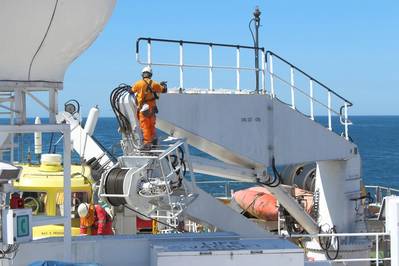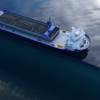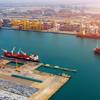Industry Welcomes EU’s Decision on Filipino Seafarer Certificates
The European Commission has decided to continue recognising certificates for seafarers issued by the Philippines, one of the world’s largest maritime labour supply countries.
In December 2021, following a detailed assessment of the training and certification system in place, the Commission had informed the Philippines that recognition of their seafarer certificates would be withdrawn unless serious measures were taken, including the compliance with the International Convention on Standards of Training, Certification and Watchkeeping for seafarers (STCW). Since then, the Philippines has worked to comply with the requirements, in particular in key areas like the monitoring, supervision and evaluation of training and assessment.
The Commission intends to provide the Philippines with technical assistance to further improve its education, training and certification system for seafarers, as discussed between President Ursula von der Leyen and President of the Philippines Ferdinand Marcos, in the margins of the EU-ASEAN summit last December.
Filipino seafarers represent 14% of the global workforce, and around 50,000 Filipino masters and officers currently work on EU-flagged ships.
European Community Shipowners’ Associations (ECSA) and the International Chamber of Shipping (ICS) have welcomed the Commission’s decision. ECSA and ICS along with other industry partners and the government of the Philippines started working together in January under the newly established International Advisory Committee on Global Maritime Affairs (IACGMA).
The German Shipowners’ Association (VDR) has also welcomed the decision. VDR President Dr Gaby Bornheim said: “The decision is an extremely important step towards ensuring quality standards and fostering international cooperation in maritime transport. Filipino seafarers also make up an indispensable part of crews in the German shipping sector. Thanks to the European Commission’s decision, there will finally be planning security and dependability now for the future as well.”
The EU’s decision is additionally an important signal to other countries that also want to train seafarers and recognise their seafarer certificates. “Maintaining high internationally applied quality standards in the training and certification of seafarers is essential and a necessary prerequisite for the safe operation of our ships,” said Bornheim.













